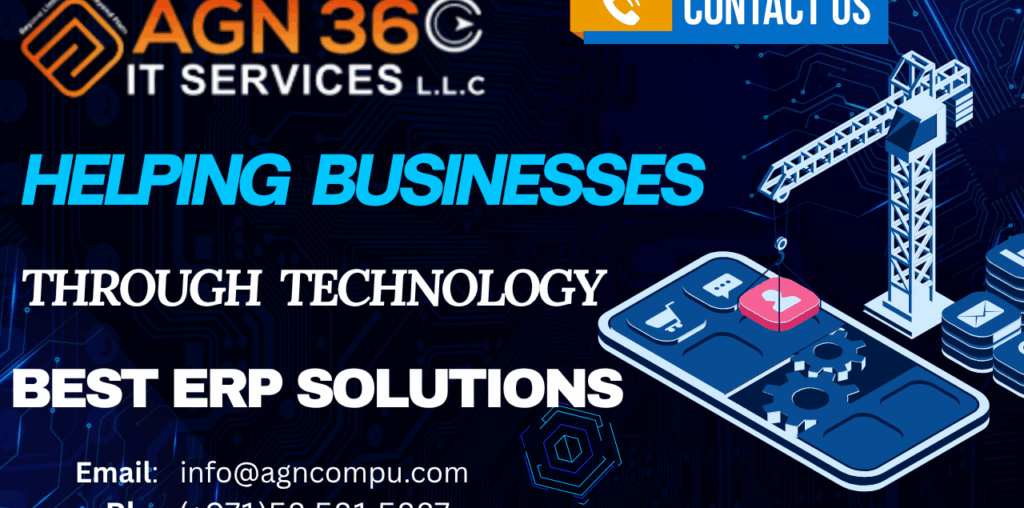As we step into 2025, small businesses face increasing pressure to remain competitive in an ever-evolving digital marketplace. To thrive, they must move beyond spreadsheets and disconnected systems. One of the most powerful tools for achieving operational efficiency and customer satisfaction is CRM-integrated ERP software. This all-in-one solution helps small businesses manage operations, sales, finances, and customer relationships seamlessly, something that’s no longer a luxury but a necessity.
What is CRM-Integrated ERP Software?
CRM (Customer Relationship Management) systems manage customer interactions, while ERP (Enterprise Resource Planning) software handles internal processes like accounting, inventory, and HR. When combined, they offer a unified platform that ensures both front-end and back-end operations are fully aligned.
Key Reasons Why Small Businesses Need It in 2025
1. Centralized Customer and Business Data
With a CRM-integrated ERP system, all customer details, purchase history, support tickets, and sales pipelines are connected to backend processes like inventory, billing, and delivery. This leads to smarter decision-making and faster response times.
2. Improved Customer Experience
In 2025, customer expectations are at an all-time high. A unified system enables businesses to provide personalized experiences, quick support, and timely communication, leading to higher retention and satisfaction.
3. Better Financial Oversight
CRM-integrated ERP software connects sales and accounting in real time. This reduces errors, automates invoicing, and provides accurate financial reports, helping small businesses maintain tighter control over budgets and cash flow.
4. Streamlined Sales and Marketing
Sales teams benefit from lead scoring, follow-up automation, and detailed customer insights. Marketing teams can design campaigns based on real-time data, ensuring better targeting and ROI.
5. Enhanced Collaboration Across Departments
When sales, support, inventory, and finance work from a single system, silos are eliminated. Everyone has access to the same information, which improves communication, reduces duplication, and boosts efficiency.
6. Scalability and Growth
As small businesses grow, a CRM-ERP system scales with them. It eliminates the need to invest in separate tools for each department, saving costs while supporting expansion.
The 2025 Advantage
Technology in 2025 is smarter, faster, and more affordable for small businesses than ever before. Cloud-based CRM-ERP solutions offer mobile access, enhanced data security, AI-driven analytics, and integration with popular tools—all essential features in a post-pandemic, highly digitized world.
Conclusion
For small businesses aiming to thrive in 2025, CRM ERP Software for Small Business isn’t just a smart investment, it’s a strategic necessity. By integrating customer data with core operations, companies can increase efficiency, improve customer satisfaction, and drive long-term growth.



